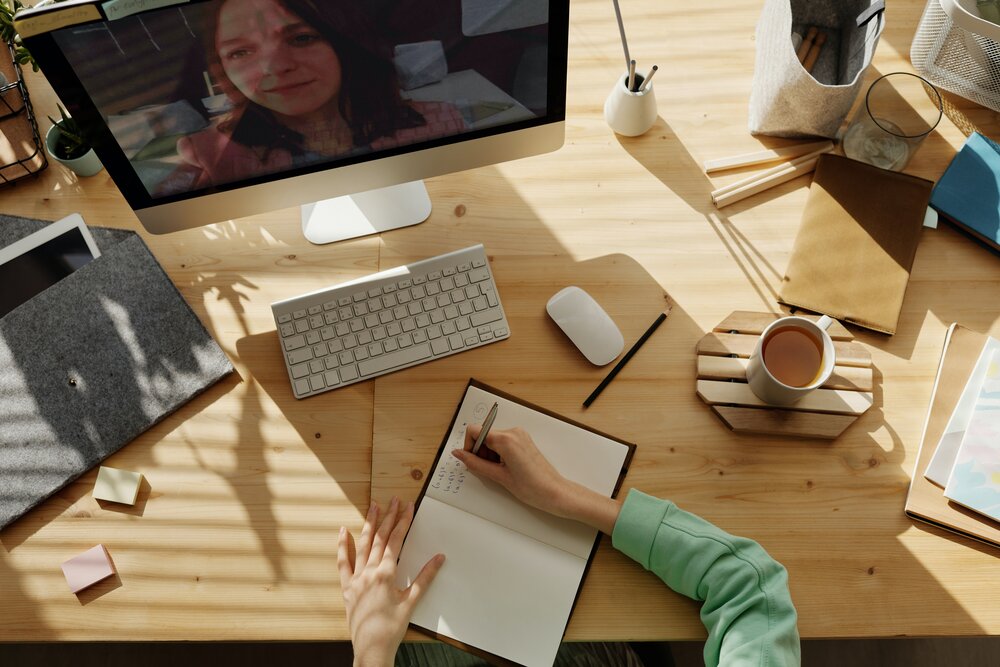The offering of telehealth appointments allows for Group23 to be flexible with our patient population and their needs, especially during a time of uncertainty. Read an interview with Lisa, one of our physiotherapists, so see how we can help you reach your goals virtually.
What is telehealth? Telehealth is a visit between you and your healthcare provider. Telehealth uses video conferencing or just audio conferencing to provide a connection between patients and their doctors, physical therapists, psychologists, or other health care providers.
Do you need special equipment? It is suitable for anyone who has access to a landline phone, a cell phone, or tablet or a computer and a reasonable internet connection.
Who would want to use telehealth? There are lots of people who love the opportunity to talk to their provider without coming into the clinic. These reasons could include:
-
You don’t WANT to leave your home (you are isolating due to health concerns or poor weather).
-
You are UNABLE or not supposed to leave your home (caregiving or quarantine)
-
You may not have time to come into the clinic for an update with your practitioner
-
You don’t need hands on assessment or care
Many people are waiting for the COVID crisis to end before they take care of themselves. Health professionals concerned that they are suffering unnecessarily. We have no idea of when the COVID crisis might end.
How does someone get a telehealth appointment? Ask at your clinic if they offer telehealth (most do). Book a telehealth appointment. If you are doing a phone call visit, the doctor or therapist will call you at the appointed time. If you are doing a video telehealth visit, the clinic will send you an email with a link to click at your telehealth time. Click the link at the appointment time and your therapist, if not present already, will appear shortly.
Is there anything special about telehealth that you don’t get in clinic? As a therapist you get to see people in their natural habitat. You design home exercises using what people have at home and you trouble shoot the little things that can prevent people from doing the exercises that will make them better.
Does every therapist or doctor do telehealth? Some people like it more so than others. I personally enjoy telehealth. It is satisfying to reach people who otherwise would be waiting in pain and get them started on their recovery. I like that it relies on people to help themselves. Many people are concerned that they will be reliant on the healthcare provider and not be able to help themselves. Sometimes they are frustrated because they aren’t sure HOW to help themselves. A little bit of solid information about what they are experiencing and how they can get better can go a long way to help someone feel less anxiety, use less medication, sleep better, and be more active on a daily basis.
What if you start telehealth but it isn’t what’s best for you? While you are talking to your healthcare provider, it will become clear to one or both of you that it would be best if you came to the clinic. You shouldn’t need to repeat all of history of assessment so your first in clinic visit can be shorter. Telehealth is not meant for those who would best be served with hands on assessment or hands on care.


